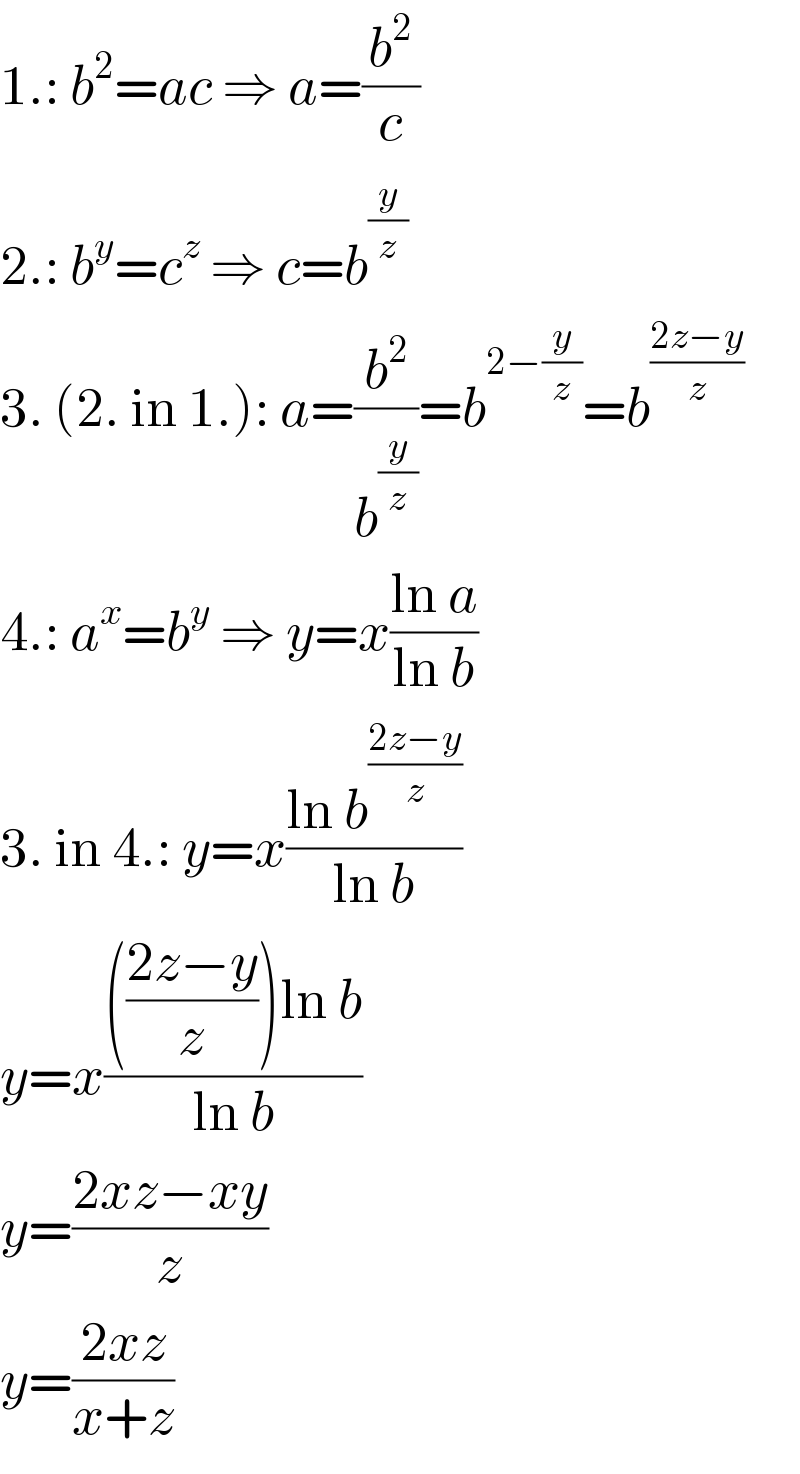
Question and Answers Forum
Question Number 33103 by mondodotto@gmail.com last updated on 10/Apr/18

Commented by Rasheed.Sindhi last updated on 10/Apr/18

Answered by MJS last updated on 10/Apr/18

| ||
Question and Answers Forum | ||
Question Number 33103 by mondodotto@gmail.com last updated on 10/Apr/18 | ||
 | ||
Commented by Rasheed.Sindhi last updated on 10/Apr/18 | ||
 | ||
Answered by MJS last updated on 10/Apr/18 | ||
 | ||
| ||